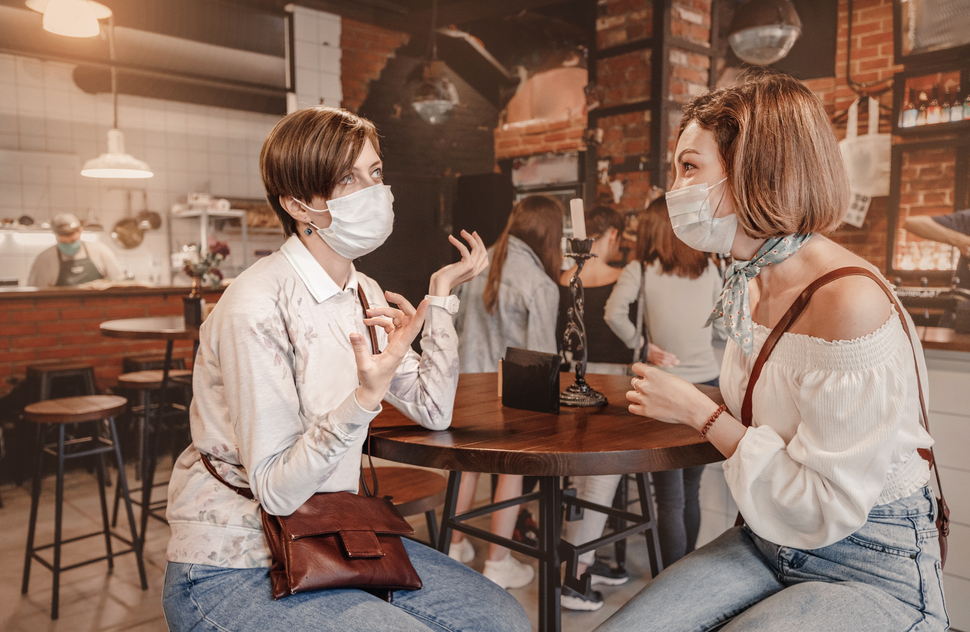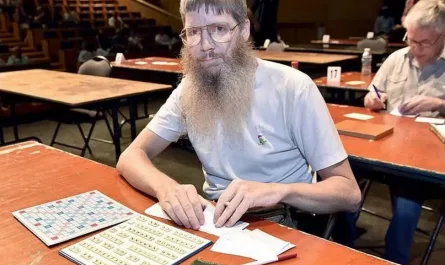A troubling case out of Oviedo, Spain, has raised serious concerns about the lingering psychological toll of the COVID-19 pandemic. Authorities recently rescued three young children—8-year-old twins and their 10-year-old sibling—who had reportedly been confined indoors by their parents since March 2022, all in the name of virus protection.
The children’s parents, a 53-year-old German man and a 48-year-old German-American woman, allegedly kept them isolated in their home, refusing to allow them outside due to fears of COVID-19. The situation came to light after neighbors reported the children’s long absence from school, prompting an investigation.
Police and social workers were shocked by what they found: the children were still sleeping in cribs, wearing face masks inside the home, and had not left the house since December 2021. The residence was described as unsanitary and severely neglected. The children showed signs of developmental delay, emotional trauma, and extreme social isolation.
The parents were arrested and charged with child endangerment and abuse. Authorities say the couple ignored evolving public health guidelines and chose instead to impose severe restrictions based on their own fear of the virus.
Experts believe this case may be an extreme example of COVID Anxiety Syndrome, a condition where intense fear of infection leads to irrational, harmful behaviors. Although not an official diagnosis, psychologists have identified patterns including obsessive cleanliness, compulsive health monitoring, and complete avoidance of social interaction.

The mental health consequences are especially serious for children. Long-term isolation can severely disrupt emotional development, limit social skills, and contribute to anxiety and depression—effects that may last a lifetime.
As pandemic fears fade for most, this case is a stark reminder of the invisible mental scars the crisis has left behind. The story has sparked outrage and heartbreak, and experts are urging more awareness, early intervention, and access to mental health care to prevent similar tragedies.

While the parents may have believed they were protecting their children, the reality was far more damaging. As communities recover, stories like this underscore the importance of supporting families, addressing mental health openly, and recognizing when fear has gone too far.


